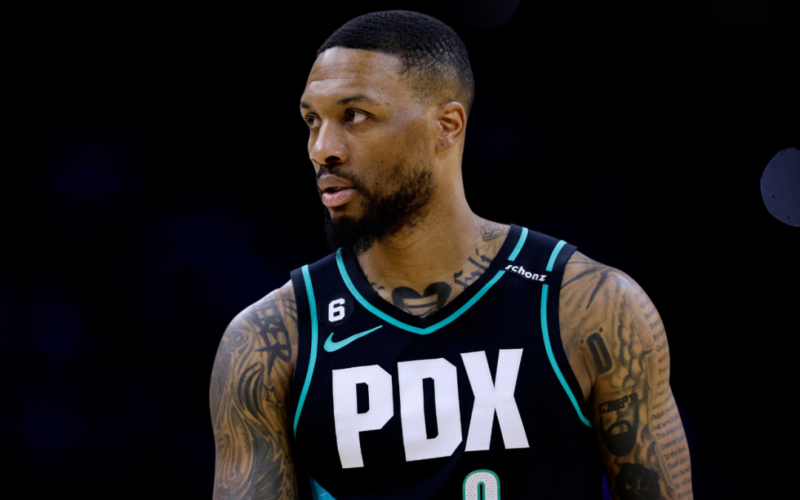The NBA sent all 30 teams a memo regarding Damian Lillard and his agent, Aaron Goodwin, after Goodwin made public comments suggesting that Lillard would not fully perform under his player contract if he was traded to a team other than the Miami Heat. However, both Goodwin and Lillard clarified that he would fulfill his contractual obligations in any trade scenario. The memo emphasized that any language suggesting otherwise could lead to discipline by the NBA, including fines and possible suspensions. In the past, players like Anthony Davis have been fined for making public trade demands. However, fines might not serve as deterrents considering the significant contracts NBA players sign. Fans have questioned if NBA Commissioner Adam Silver has the authority to veto a trade sending Lillard to the Heat. Although technically possible, historical precedent suggests that Silver is unlikely to block such a trade.
The NBA’s constitution and bylaws do grant the commissioner the power to nullify player transactions between teams or between teams and organizations outside the league. However, this power is rarely exercised due to the potential backlash from teams and the player’s association. The authority to fire the commissioner with a 3/4 majority vote lies with the teams’ governors, and the player’s association, although lacking direct influence, represents the league’s labor pool and would likely be opposed to a player being denied his preferred destination in a trade agreed upon by both teams. The commissioner’s role in blocking a trade, as in the case of Chris Paul’s trade to the Lakers in 2011, depends on the circumstances and the specific role the commissioner plays at that time. In Chris Paul’s case, then-commissioner David Stern blocked the trade as the de facto owner of the New Orleans Hornets, not solely as commissioner. Lillard’s trade to the Heat does not involve a similar situation, making it highly unlikely for Silver to use his authority to block the trade.
The commissioner rarely uses his power to veto trades, typically doing so only when a trade violates the rules established in the collective bargaining agreement. Four notable examples include the Miami Heat’s signing of Juwan Howard in 1996, Joe Smith’s contract with the Minnesota Timberwolves in 1999, the trade between the New Jersey Nets and Dallas Mavericks involving Jason Kidd in 2008, and the Houston Rockets’ contract with Nene in 2019. These trades either violated specific league rules or went against the spirit of the rules. As of now, there are no indications that a trade between the Heat and Trail Blazers involving Lillard would violate any rules or agreements stated in the collective bargaining agreement. As long as the trade fits within the legal parameters set by the agreement, it is highly likely to go through, regardless of any potential attempts to interfere behind the scenes.




